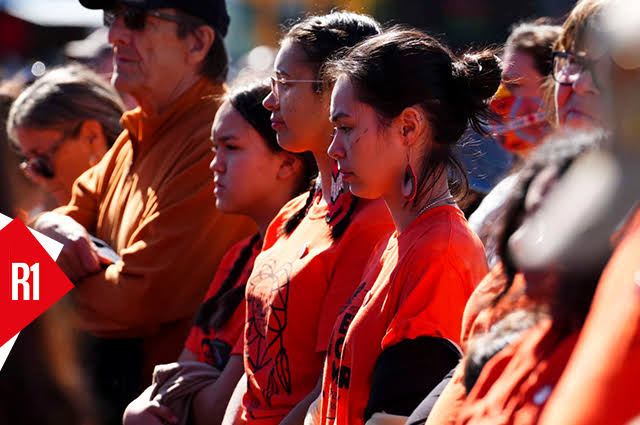Tribunal rejects Canadian indigenous children compensation deal

A human rights tribunal on Tuesday rejected a historic C$40 billion ($30 billion) agreement to reform Canada’s discriminatory child welfare system and compensate indigenous families who suffered because of it.
The deal was announced late in 2021 to settle a lawsuit that found the government had underfunded indigenous children’s services compared to those for non-indigenous children. It was the largest proposed settlement in Canadian history.
Its rejection by the tribunal “is disappointing to many First Nations people,” Indigenous Services Minister Patty Hajdu told reporters in Ottawa.
She noted the compensation plan had been “designed by First Nations people for First Nations people in a culturally specific way.”
Half of the monies were to go to indigenous children who were ripped from their families and put into state care, while the remainder was earmarked for reforming the child and family services system.
Indigenous leaders said the ruling would delay those reforms and compensation for more than 300,000 children and their families. But Hajdu vowed to continue to work with them. “My commitment to those partners is that we’ll be with them for the long haul to get to an agreement,” she said.
The human rights tribunal, according to officials citing a summary of its decision, found that the agreement left some children out and did not meet the terms the tribunal had set to provide each child or caregiver C$40,000 in compensation – the maximum penalty under Canada’s human rights act.
The government had lost a challenge of the tribunal’s order in 2021 before seeking a negotiated settlement to end the 14-year legal saga.




